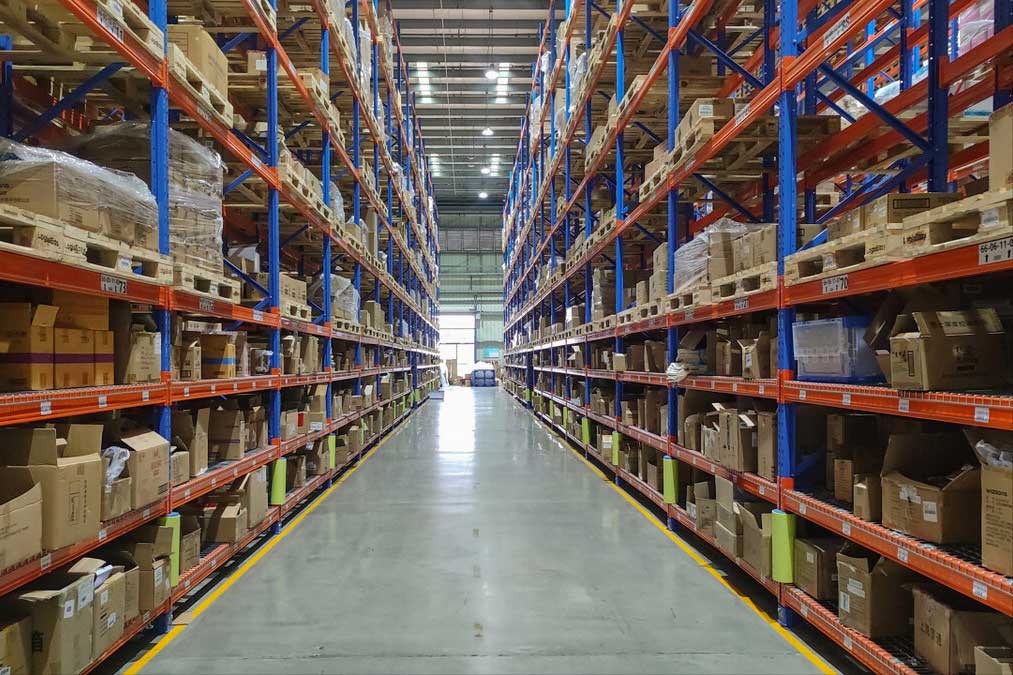
How to select suitable liquor products for export?
Export alcohol agency primarily needs to considerProduct compliance:
- Wine must meet the alcohol content standards of the target country (e.g., EU requires a minimum of 8.5%)
- Spirits exported to the U.S. must pass TTB certification
- Halal certification is crucial for Muslim countries in Southeast Asia
It is recommended to prioritizeProducts with geographical indication protection(e.g., French Champagne, Scotch Whisky), as such products command higher premiums in international markets.
What essential qualifications are required for liquor export?
According to new international trade regulations in 2025, prepare:
- ManufacturersFood export filing certificate
- Target country requirementsHealth certificate(e.g., EU VI-1 form)
- AlcoholProof of Origin(COO certificate)
- Additional documents for special markets:
- U.S.: FDA prior notice + alcohol beverage tax stamp
- Middle East: Halal certification + chamber of commerce certification
How to accurately calculate export tariffs?
Recommended adoptionThree-tier tariff verification method:
- Check WTO tariff concession schedule for base rates
- Confirm preferential rates under free trade agreements (e.g., RCEP member countries)
- Verify additional duties on special goods (e.g., U.S. retaliatory tariffs on EU wines)
Case example: Exporting Chilean wine to China, the regular tariff is 14%, but the China-Chile FTA rate has been reduced to 0.
How to design optimal logistics solutions?
Need to balanceShipping costswithQuality assurance:
- Shipping containers must be equipped with temperature control systems (temperature fluctuation ≤2℃)
- Air freight is suitable for high-value limited-edition alcohol products
- War risk insurance is recommended for Middle East/Africa shipments
2025 new trend: China-Europe rail transport for wine saves 12 days compared to sea freight and costs 40% less than air freight.
How to find reliable overseas agents?
Proposal to passTriple verification mechanismScreening:
- Verify import license validity (key countries like India require annual renewal)
- Require provision of customs clearance records for the past two years
- Conduct on-site inspection of storage conditions (check if temperature and humidity monitoring systems meet standards)
Beware of unconventional payment requirements proposed by agentsUnconventional payment requirements, such as requesting usance letters of credit exceeding 180 days.
How to avoid international trade risks?
Must establishFour major risk control systems:
- Exchange rate locking mechanism (recommended to adopt combined hedging)
- Quality dispute handling plan (retain third-party inspection samples)
- Political risk early warning (monitor WTO trade alert notifications)
- Compliance audit process (conduct comprehensive trade document review at least annually)
What are the special requirements for emerging markets?
Interpretation of latest policies in key markets:
- Saudi Arabia: Starting from 2025, all imported alcoholic beverages must carry Arabic traceability QR codes
- Vietnam: New requirement for products with alcohol content ≥15% to pass local laboratory testing
- Mexico: Imposes 35% anti-dumping tax on imported spirits other than tequila
How can digital tools improve operational efficiency?
Recommended to adoptTrade management system integration solutions:
- Blockchain traceability platform (such as IBM Food Trust)
- Intelligent customs declaration system (automatic HS code recognition with error rate <0.2%)
- Transboundary PaymentsAggregation platform (supports real-time settlement in 40+ currencies)
Case study of a leading agent: After implementing AI price prediction system, procurement costs reduced by 8.7% and inventory turnover rate increased by 23%.


 Follow Customer Service WeChat
Follow Customer Service WeChat